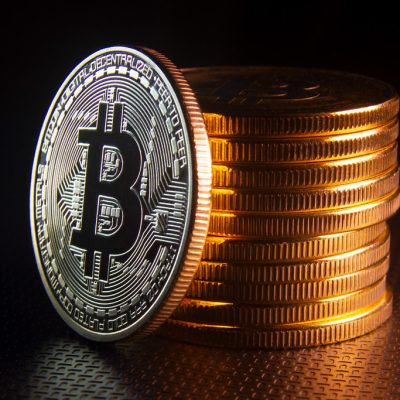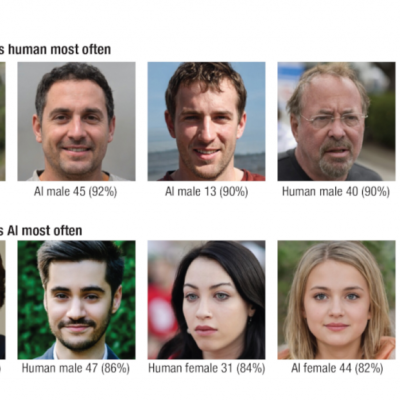A recent study by the Vodafone Institute confirms what privacy advocates have been warning about for years: the feeling of constant surveillance leads to massive self-censorship in digital communication. The fear of data collection and surveillance has led to an increasing number of people in Europe feeling that their digital communication, including WhatsApp, email, SMS, and even phone calls, are being intercepted and stored. This fear has resulted in a significant amount of self-censorship online, according to the Vodafone Institute. In Europe, 51% of people fear for the safety of their data, with 56% of Germans feeling the same way, according to the survey.
The fear of third-party access to their data has led to 56% of Germans limiting their digital communication, according to the survey. Julian Assange, the founder of WikiLeaks, recently commented on the issue, stating that “privacy will not come back unless there is an economic collapse that restricts the technological capabilities of humanity.” He also spoke about the societal consequences of mass surveillance, stating that people begin to adapt and become shy and anxious, using coded language instead of engaging in controversial discussions.
Only 17% of those surveyed felt that they had full control over their own data, and around a third of Germans felt that the existing laws on data protection and privacy were sufficient. The greatest mistrust was found in social networks such as Facebook and Google Plus, with 90% of respondents believing that these companies do not handle stored data responsibly.
The study highlights the need for greater transparency and control over personal data, as well as the importance of privacy laws that protect individuals from mass surveillance. It also underscores the need for companies to be more responsible in their handling of user data, particularly in the age of big data and the internet of things.










